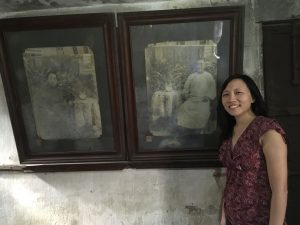
Where There’s a Will There’s a Way:
Finding My Ancestors in China and Hong Kong
My research journey started in London, where I completed an MA in Victorian Studies at Birkbeck College, University of London, in …
14/03/18Where There’s a Will There’s a Way:
Finding My Ancestors in China and Hong Kong
My research journey started in London, where I completed an MA in Victorian Studies at Birkbeck College, University of London, in …
14/03/18